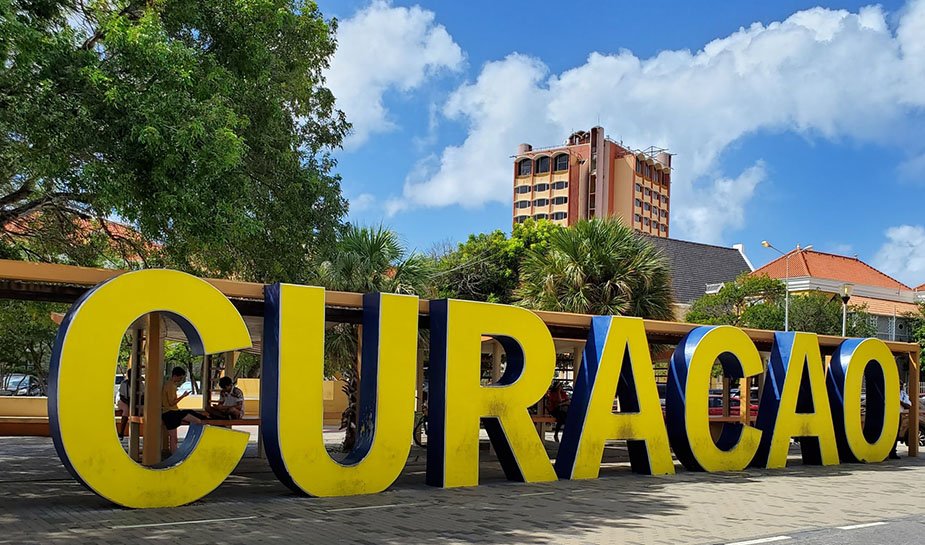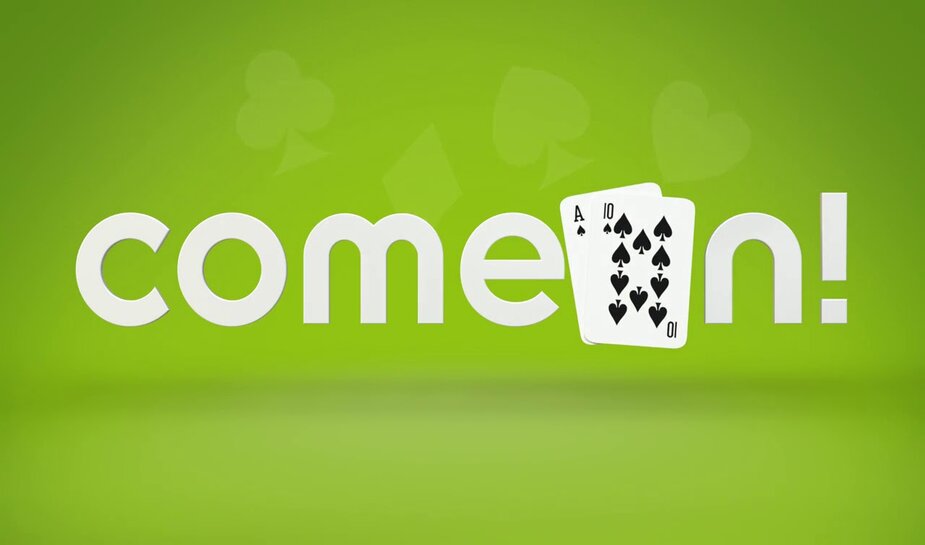
Curaçao recently began a drastic reform of the rules around the application of Curaçao permits. The government makes obtaining a license more expensive and the rules more stringent. She set up a gambling authority for that. Among other things, it will monitor illegality and money laundering.
The government also wants to keep track of how many licenses were issued. Because many permits have been issued in the past, but the number is not known. And that is where the Treasury of Curaçao suffered most.
Curaçao is one of the largest providers of gambling licenses with Malta. But where Malta has built up a fairly good name, this does not apply to the island belonging to the Kingdom of New Zealand.
It had an extremely liberal policy with low barriers to entry and hardly any control. That drew in the past in addition to bona fide casino bosses, there were also fortune seekers who wanted to contribute to the growth online gambling .
Serious gamblers therefore look where of their favorite casinos are located. The easiest thing for a long time was to leave the gambling companies with a Curaçao license. Or subject them to an additional examination.
With the current system in Curaçao, four private organizations are licensed by the government. They issue sub-licenses to gambling companies. There is hardly any government control and the number of Curaçao permits issued to third parties is also unknown. The fact that there are also dubious casinos among them has been known for years.
The fact that the government hardly benefits financially from its position in the gambling world is a reason to adjust the rules. But there was also increasing pressure on the government, for example due to international rules on money laundering.
With the new permits, there are therefore particularly strict rules to combat money laundering. But protection of gamblers is also highly noted. An additional requirement is local presence. In doing so, the gaming computers of the gambling companies must be located on the island, as with Maltese licenses.
There will be a one-year transition period during which gambling establishments will receive a temporary license. They can then see, among other things, whether they want a license under the new system. Several companies will drop out because they cannot offer viable exploitation within the new rules. Or they have other reasons to forgo a new permit.
The wheat is separated from the chaff, according to the Curaçao government. Companies that enter the gambling world with bad intentions are now also less likely to do so on Curaçao. This provides more security for players at casinos with Curaçao licenses.
The new system comes at a time when many countries introduced their own rules around gambling. Those laws and regulations usually impose the check at the place of delivery. So it is not only the establishment and licensing location of the gambling company that is looked at. The gambling business must also be licensed in the country where it wants to offer its services.
A country checks its own international agreements against money laundering. But often also has its own rules to ensure, for example, safe play for its residents.
Javier Silvania, Minister of Finance on Curaçao, says that Curaçao had little benefit from the old system. It barely paid off financially and gave the island a bad name. It was mainly the four private license holders who earned.
With the new system, the government, through the Gambling Authority, has direct control over the Curaçao licenses. Revenues from licensing flow directly into the state treasury. And in a few years, Curaçao will be a more attractive location for gambling companies.

